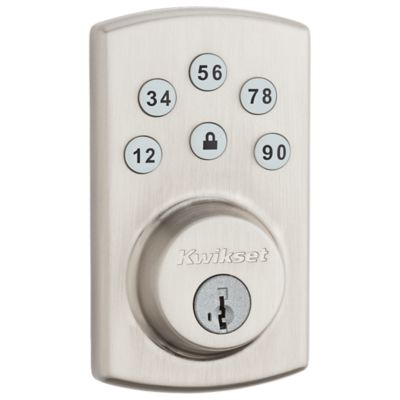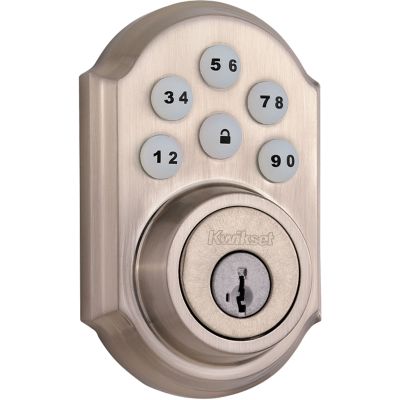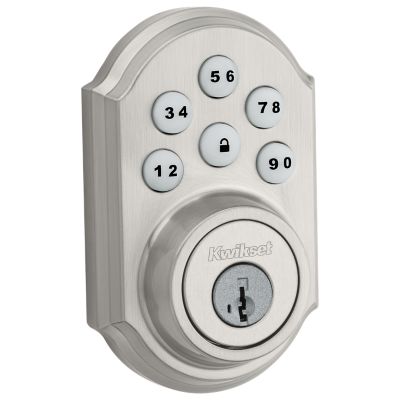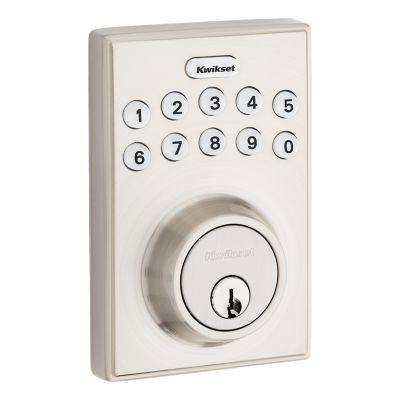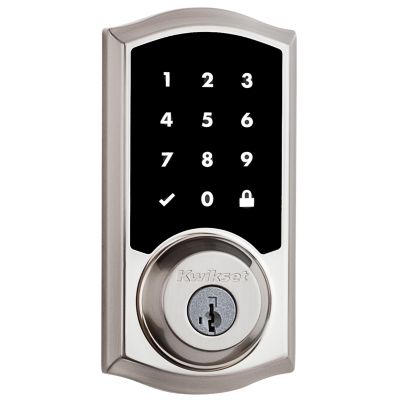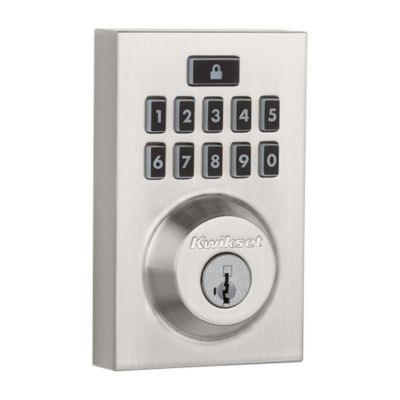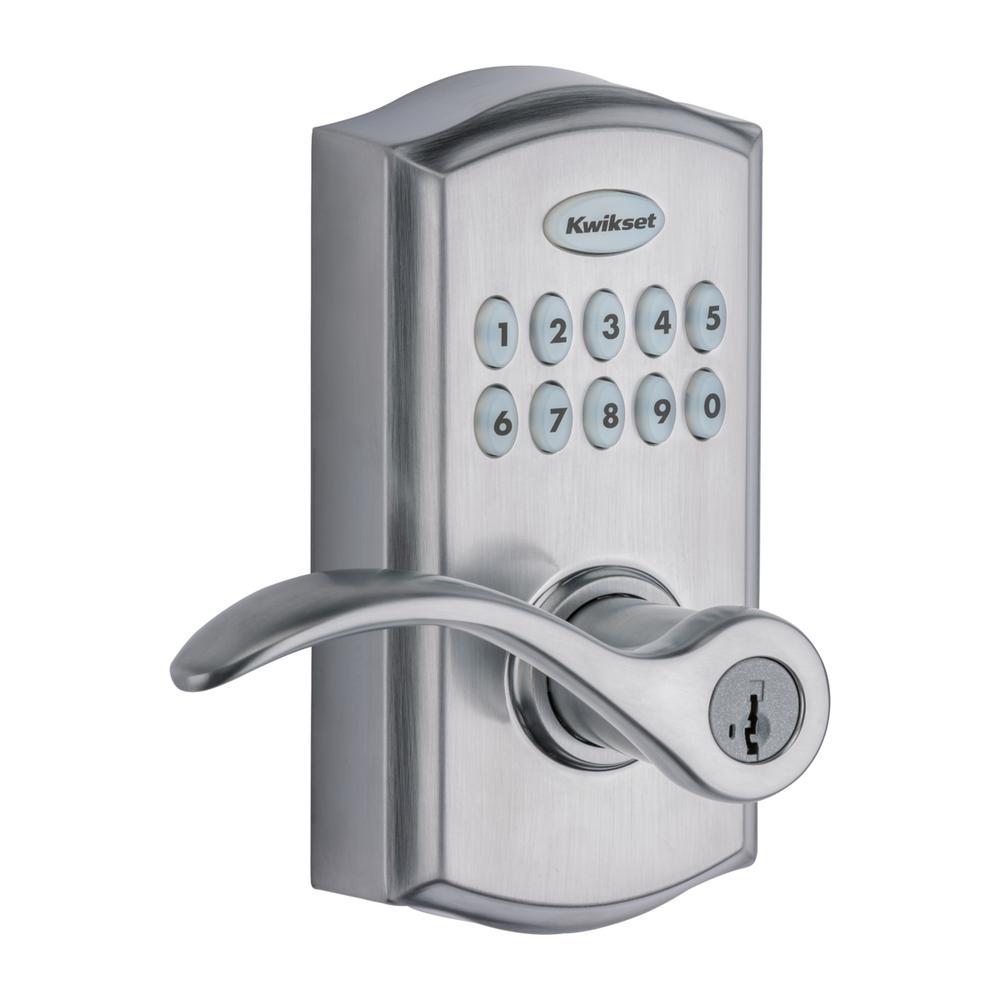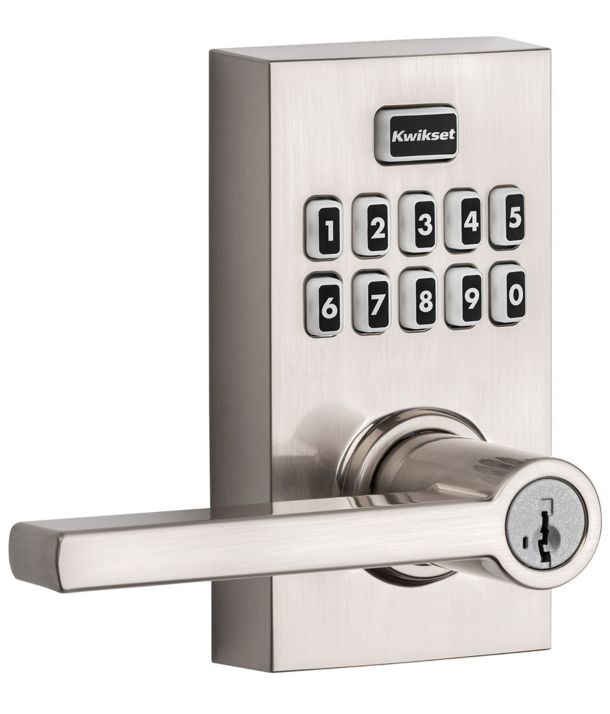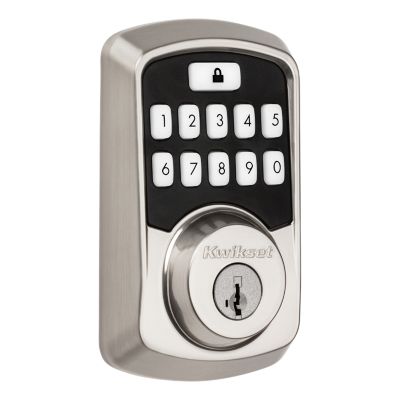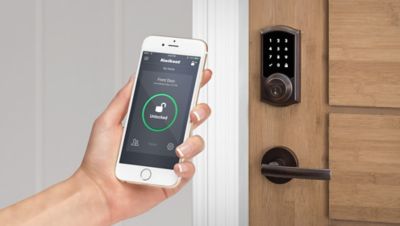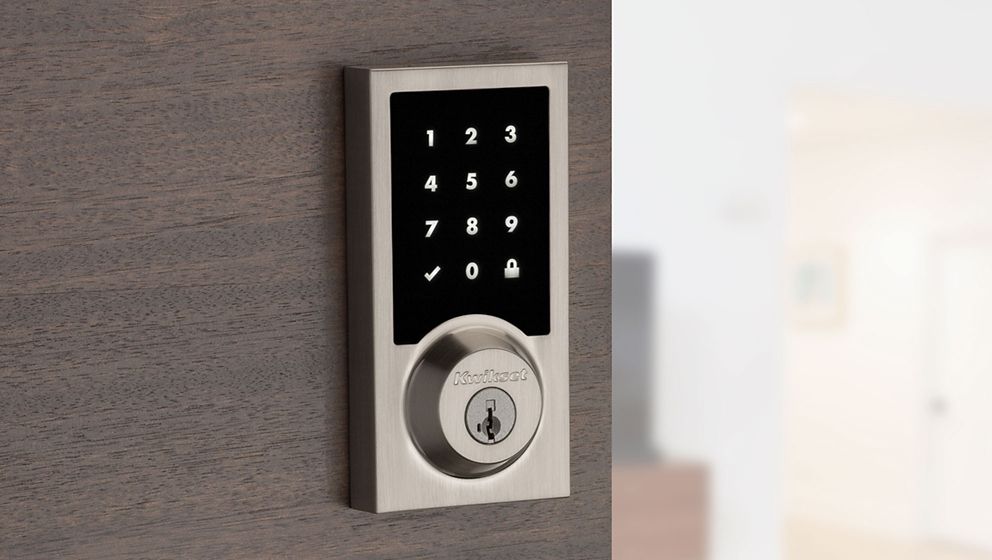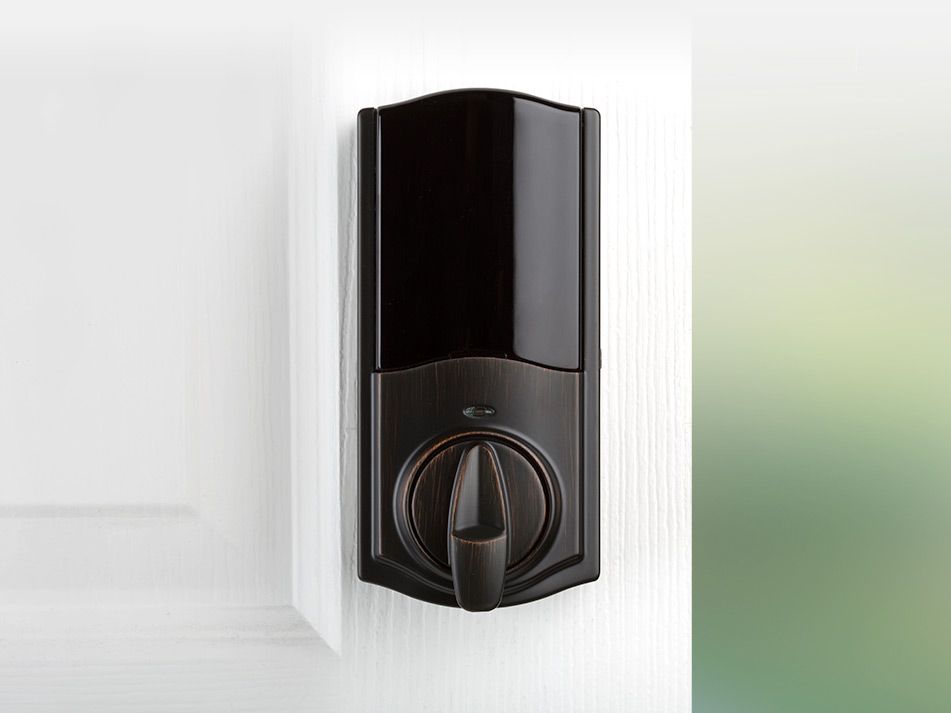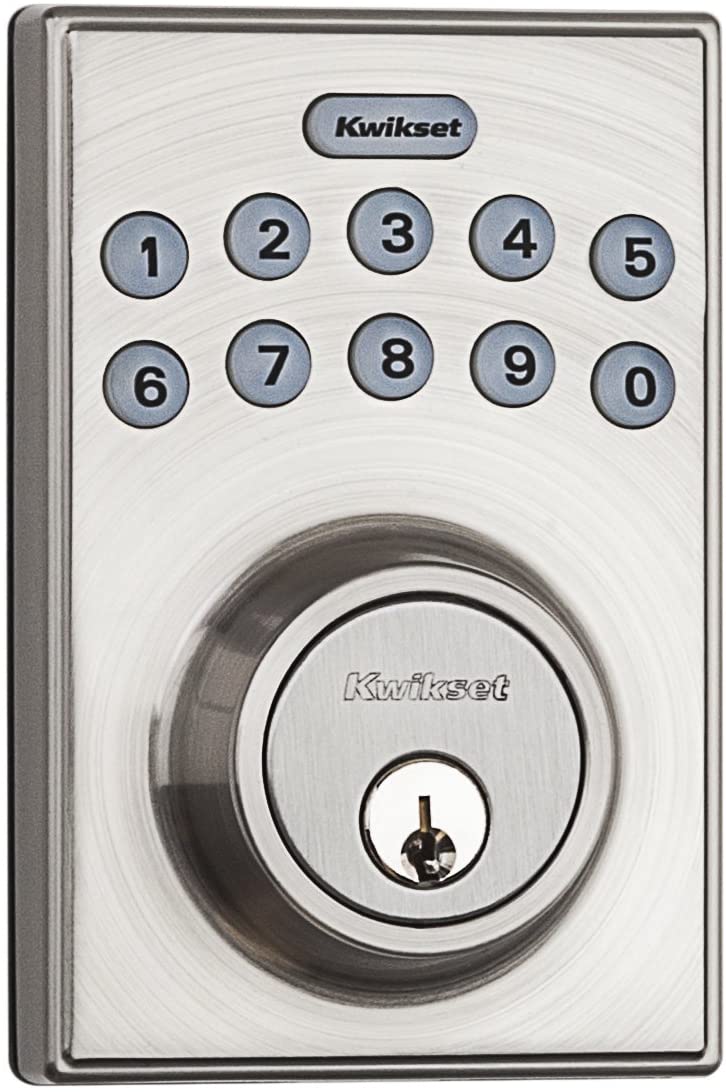Kwikset Automatic Door Lock Wont Lock
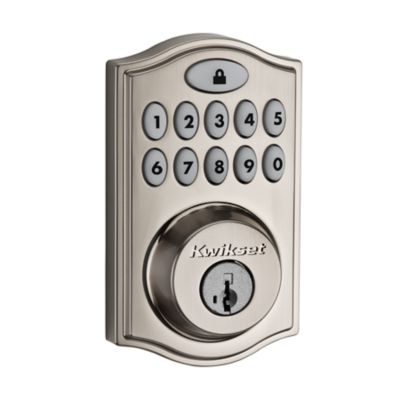
Kwikset is a secure door lock industry leader innovator in home safety with keyless entry and re keying technology for residential and commercial door hardware.
Kwikset automatic door lock wont lock. How do i activate disable the auto lock feature on my smartcode 909 910 deadbolt or 911 912 lever. The wrong deadbolt latch is installed. Adding smart locks to your home opens up a new realm of possibility while firmly closing the door on unwanted visitors. This homeconnect lock supports 30 user access codes.
Switch 2 if in the up position this will enable the 30 second auto locking feature and if the switch is in the down position this will disable the auto locking feature. If the latch being used is from an older lock it will likely not have a tapered latch bolt. Auto lock will automatically lock your door lock if it s left in an unlocked state. If it is not pull the spindle out and rotate 180 degrees.
Kwikset door lock troubleshooting. Notes notes notes 1. Located on the interior side of the lock there are 4 switches. Hold the handleset on the exterior side of the door and make sure the round edge of the spindle faces the door edge.
Remotely lock and unlock your doors with smart locks from adt. Learn how to troubleshoot for the kwikset door lock. Continue to hold down the lock button until the bolt begins to move then release the button. Press the latch bolt.
Wait for the led on the interior side of the unit flashes and the unit emits a beep indicating successful bolt operation programming before further operation of the lock. The spindle is spring loaded and will retract back when released. A mastercode restricts users from adding changing or deleting existing codes. The hole in the door is misaligned.
Smartcode deadbolts require a tapered latch bolt for ease of operation. It is recommended to add or change access code s directly from the z wave or zigbee control system. For inclusion or exclusion of the lock refer to your z wave or zigbee control system instructions and reference figure 2.
